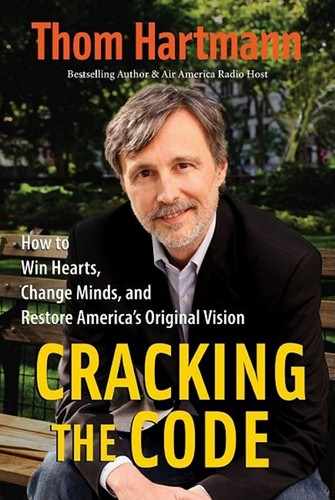Acknowledgments
When I was six years old, a boy in my class accused me of stealing his pencil. Because all of the #2 pencils in the class looked the same, I was unable to rebut his loud and outraged suggestion that I had lost my pencil and taken his. The superiority of his communication convinced our teacher that I had, indeed, stolen his pencil, and she had me walk down a gauntlet of all the students in the class to approach him, at the end of the line, and hand him my pencil and apologize.
Telling my parents about it that evening, I burst into tears. Why would he say that I had stolen his pencil when he knew that I hadn’t and he’d simply lost his own? And why would the teacher believe him instead of me? And what should I do about it?
My mother’s wise advice (consistent with her degree from Michigan State University [MSU] in English literature) was to quote Shakespeare: “Whether ‘tis nobler in the mind to suffer the slings and arrows of outrageous fortune, or to take arms against a sea of troubles…” She said that I’d done all I could in protesting my honesty and that over time my teacher and my peers would come to know that I was an honest person. This wasn’t a fight worth extending, but, she said, I should retract my under-duress apology.
My father’s take was along an altogether different line, that this was a good lesson learned. “Now you know that you can’t trust him,” my dad said of the other boy. He added, “People who are dishonest assume everybody else is. People who steal things assume that everybody else does. Notice in your life the people who assume things like that about others and know that they are the ones you should avoid. A person always worried about being robbed is probably a thief.” The flipside of it, he said, was that “People who are truly trustworthy are people whose first impulse is to trust others.” (My father was also one of the most trusting men I’ve ever known.)
My parents taught me the importance of communication, that just saying something without considering how it was said wasn’t enough and that different people have very different views, stories, and experiences of the world. For that I’m indebted and grateful.
Over the years since then, I’ve had a number of mentors in communication. My first partner in a “real” business, Terry O’Connor, who owned an advertising agency in Lansing, Michigan, and later taught the topic at MSU, introduced me to the world of systematically and intentionally framing communications. I learned so much from him and from professionals in the industry like Joe Sugarman and David Ogilvy that by the mid-1970s I was teaching advertising and marketing to employees of ad agencies across the country while also working part-time in the communication-based business of radio.
In 1978 I left the world of business to join my wife, Louise, in creating a community for abused children in New Hampshire and to do international relief work for a charity based in Germany, founded and run by my second mentor, Gottfried Müller. I wrote a book about him titled The Prophet’s Way; he was one of the most masterful communicators I’ve met.
The psychology aspect of that work led me to study psychotherapy and Neuro-Linguistic Programming, a field from which much of the content (and many of the terms) in this book is derived. I commend to you the many books written by Richard Bandler, who was one of my best teachers, who trained and licensed me as an NLP trainer, and who wrote the foreword to my 1995 book on the use of NLP for attention deficit disorder, Healing ADD. Other personal teachers in that field were Hillel Zeitlin; Charles Ehrenpreis; Connirae, Tamara, and Steve Andreas; Leif Roland; and Paul McKenna.
Special thanks for the creation of this book goes to Jo Ellen Green Kaiser, who took many of my on-air and phone discussions and translated them into some of the chapters of this book, and to Susan Nethercott, who transcribed all of my original “Cracking the Code” radio program segments into writing for use by Jo Ellen and me. Jo Ellen also did a great job of tracking down and analyzing a number of campaign ads that were used as examples in this book. Thanks also to Johanna Vondeling at Berrett-Koehler Publishers, who believed in the need for this book and helped bring it to you. Special thanks also to the production team of Richard Wilson, Dianne Platner, Gary Palmatier, and Elizabeth von Radics for their dedication to their craft and their tireless commitment to quality on behalf of this book.
And, as with every book I’ve ever written, I owe huge thanks to my best editor and best friend, my wife, Louise Hartmann.
